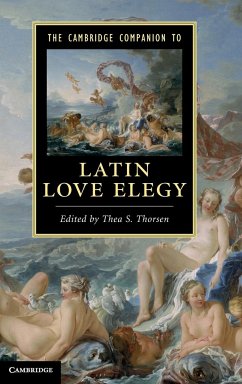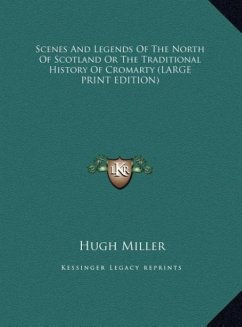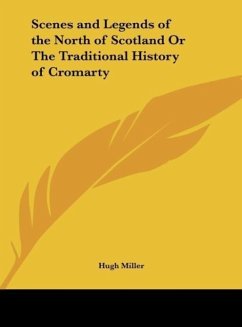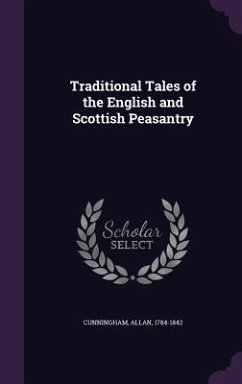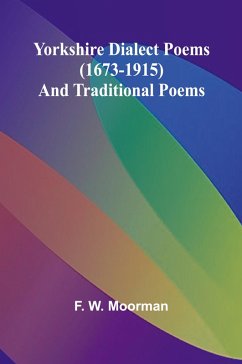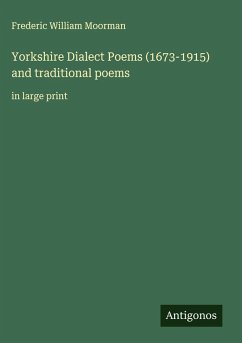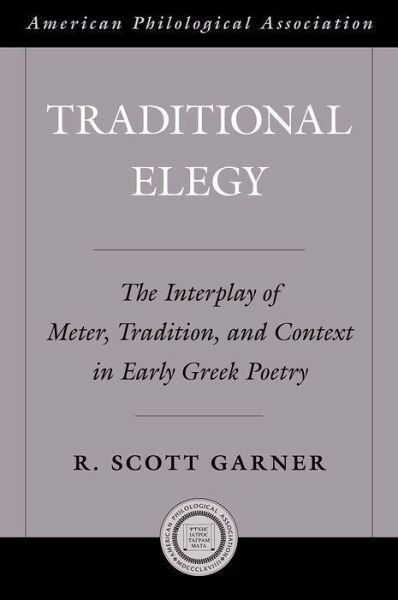
Traditional Elegy
The Interplay of Meter, Tradition, and Context in Early Greek Poetry

PAYBACK Punkte
78 °P sammeln!
Though often assumed by scholars to be a product of traditional, and perhaps oral, compositional practices comparable to those found in early Greek epic, archaic elegy has not until this point been analyzed in similar detail with respect to such verse-making techniques. This volume is intended to redress some of this imbalance by exploring several issues related to the production of Greek elegiac poetry. By investigating elegy's metrical partitioning and its localizing patterns of repeated phraseology, Traditional Elegy makes clear that the oral-formulaic processes lying at the heart of Homeric epic bear close resemblance to those that also originally made archaic elegy possible. However, the volume's argument is then able to be pressed even further by looking at the most common metrical "anomaly" in early elegy-epic correption-in order to demonstrate that elegiac poets in the Archaic Period were not simply mimicking an earlier productive style but were actively engaging with such traditional techniques in order to produce and reproduce their own poems. Because correption exhibits several patterns of employment that depend upon the meshing and adapting of traditional phraseological units, it becomes clear that in elegy-just as it is in epic-this metrical phenomenon is inextricably entwined with traditional techniques of verse-composition, and we therefore have strong evidence that elegiac poets of the Archaic Period were still making active use of these oral-formulaic techniques, even if actual oral composition itself cannot be proven for any individual author or poetic fragment. The implications of such findings are quite large, as they require a wholesale shift in our modern methods of inquiry into elegy for a wide range of concerns of meter, phraseology, and even the much broader issues of intended meaning and overall aesthetics.
Traditional Elegy explores several issues related to the traditional compositional techniques that lay behind archaic Greek elegy. Through investigation of elegy's metrical partitioning, its repeated phraseological patterns, and the symbiosis of those patterns with metrical anomalies, it becomes clear that oral-formulaic processes were indeed at the heart of such poetry.




